The e-course is divided into 5 sections
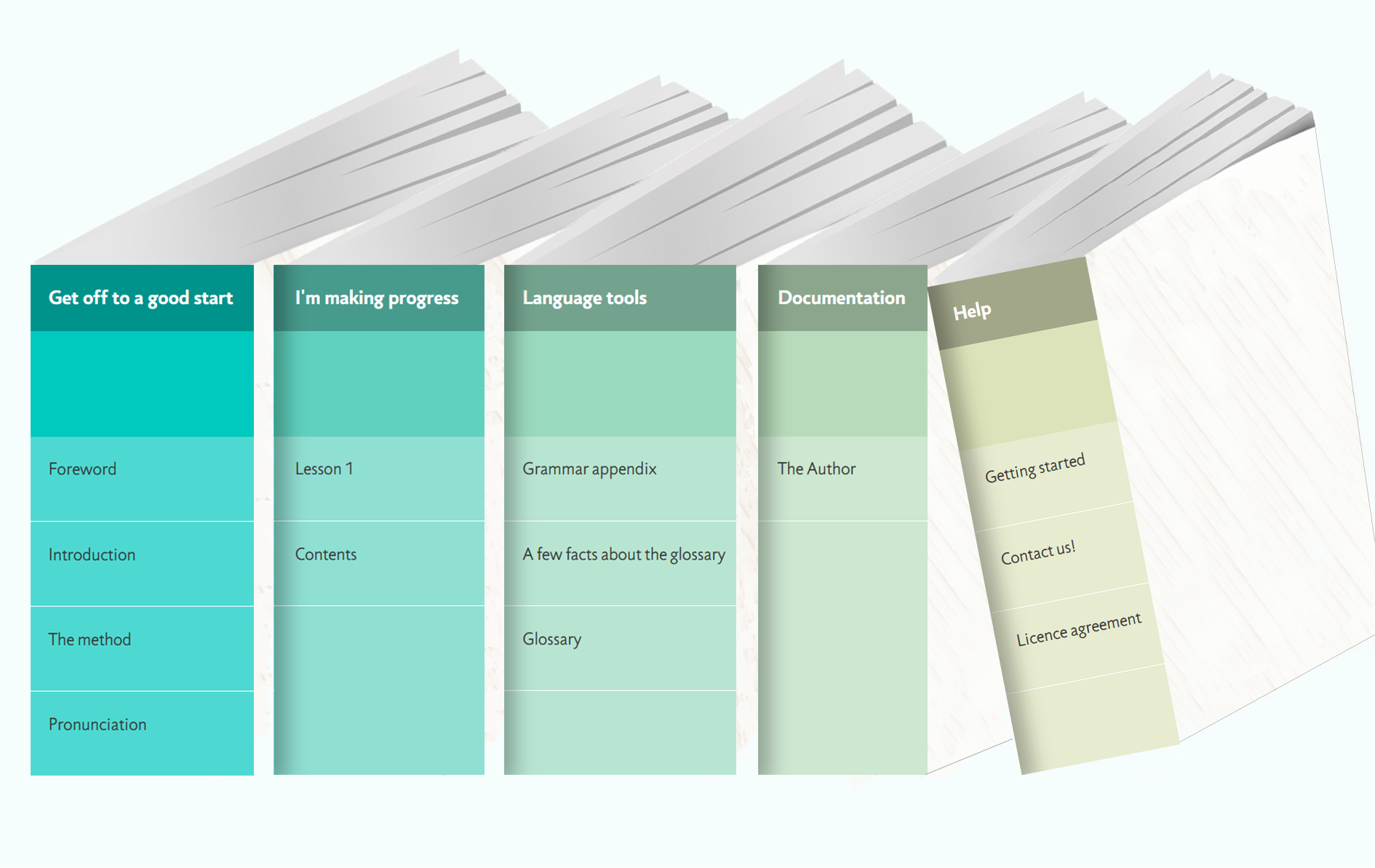

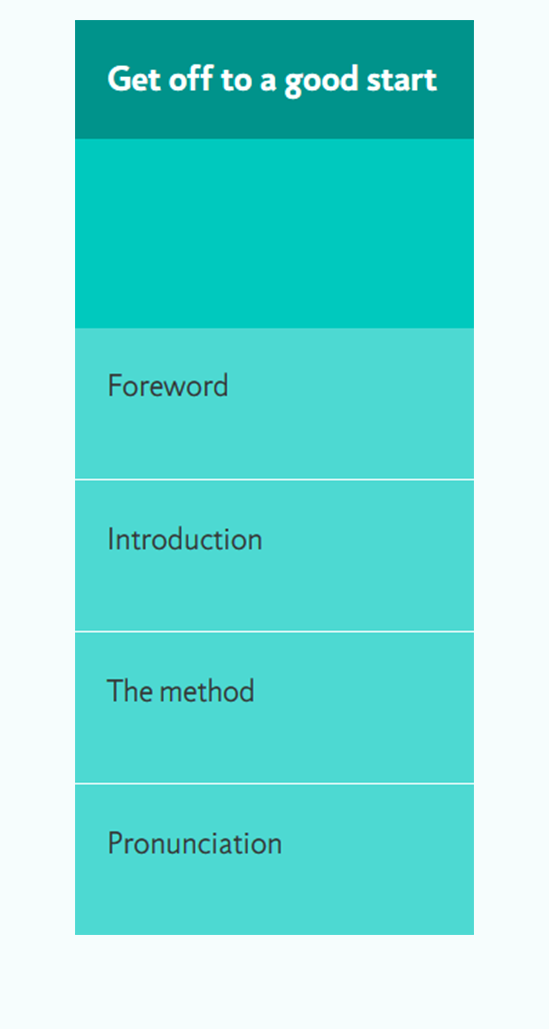
Before beginning your first lesson,
it is important to read the information in Get off to a good start.
This section explains the Assimil language-learning method
and gives background information about the target language
that will be invaluable throughout the course.
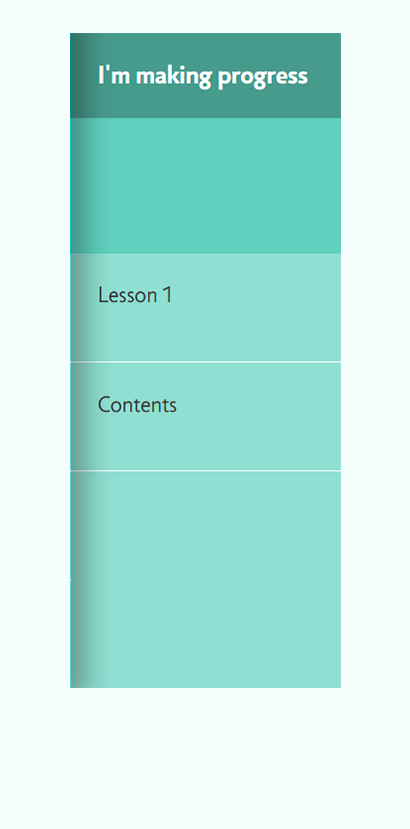
Next, you’re ready to begin learning.
To access the contents of the course, select Contents.
You can access any lesson from here.
The first tab is a shortcut to access the lesson to do or in progress.
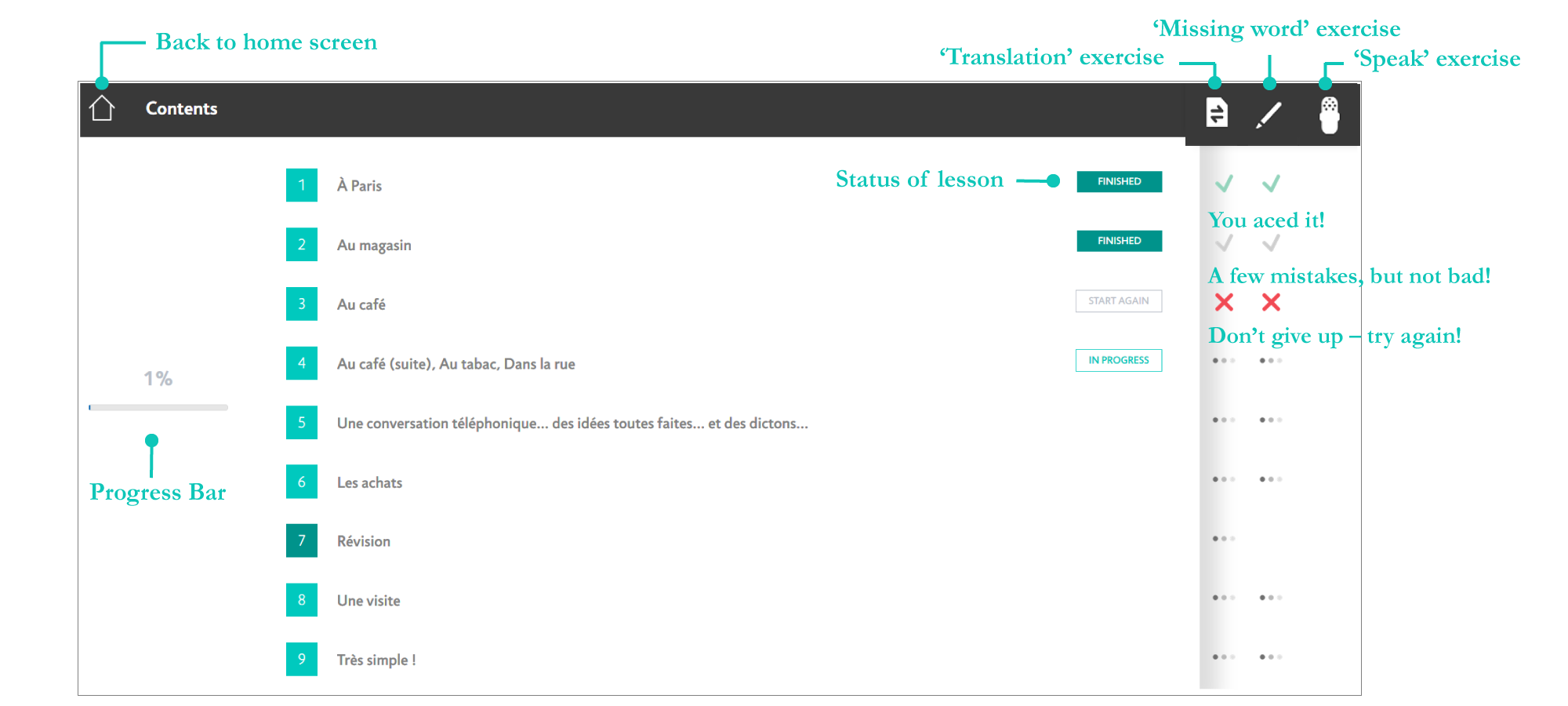
Each lesson consists of 6 or 7 steps.
Listening to the dialogue will immerse you in the sound of the language
and familiarize you with the pronunciation of the words.
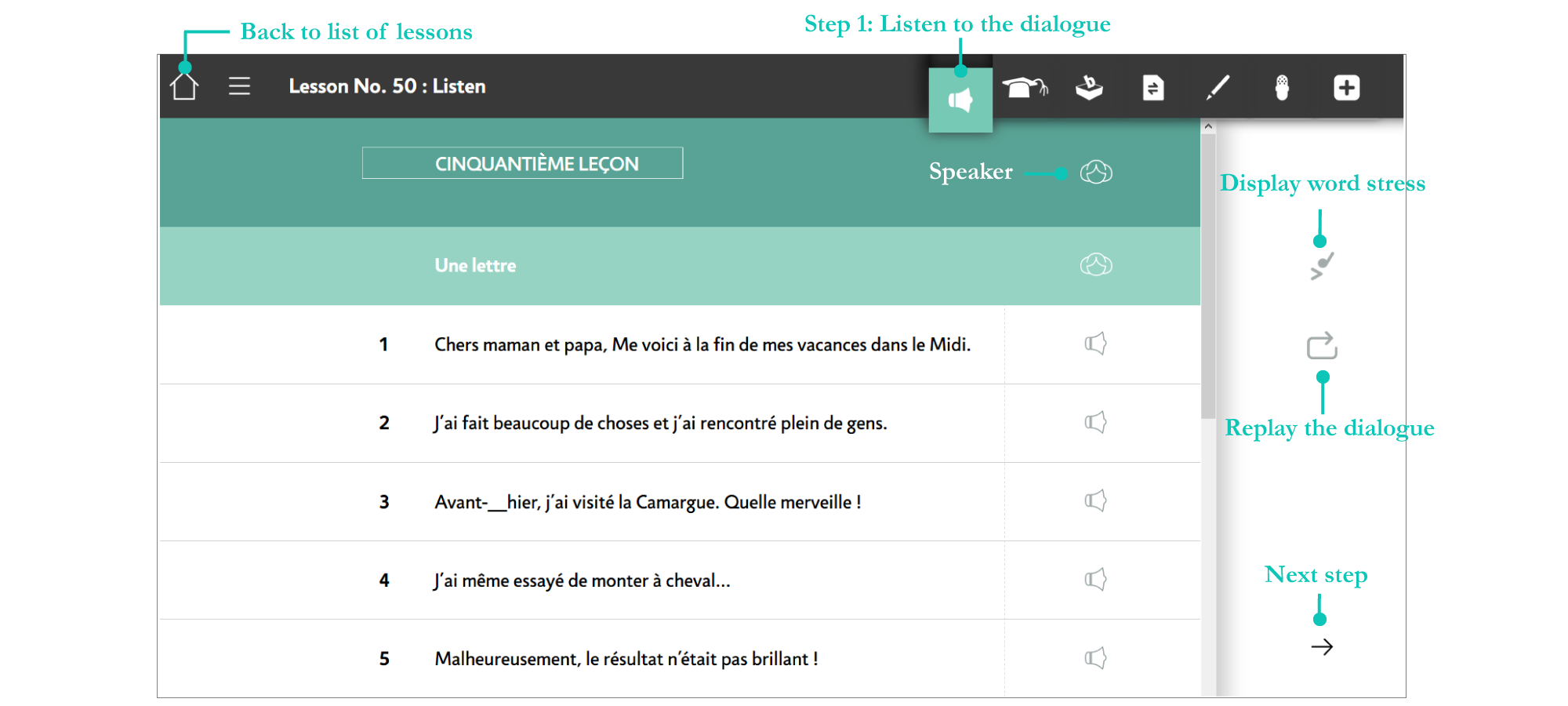
Explore the dialogue line by line,
supported by phonetic transcriptions to help with pronunciation,
translations to learn the meanings of words and phrases,
and notes that explain key learning points.
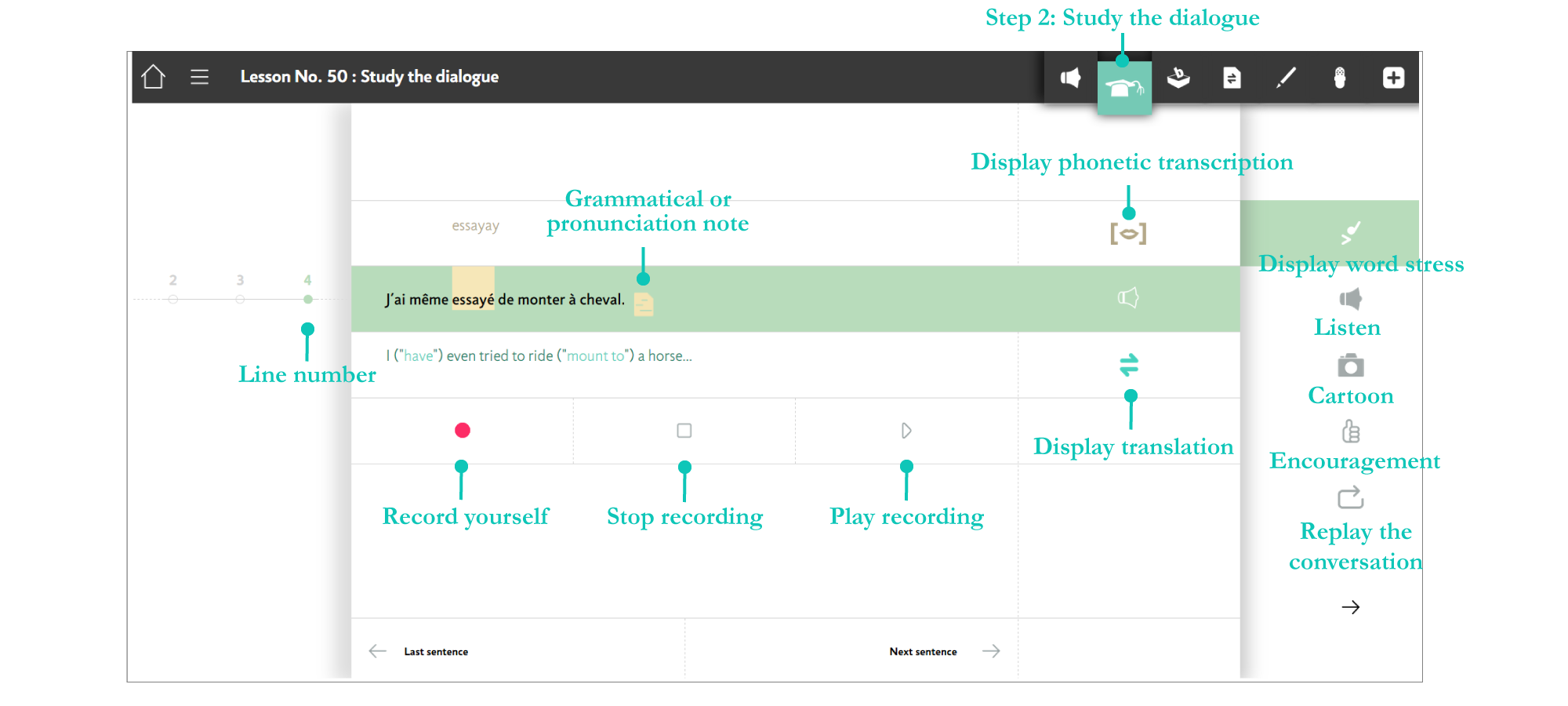
This allows you to access a list of new words that appear in the lesson.
This vocabulary is also found in the glossary available
from the Language resources menu.
This two-way glossary can be searched by
target language (the language you’re learning)
or by base language (the language the course is delivered in).
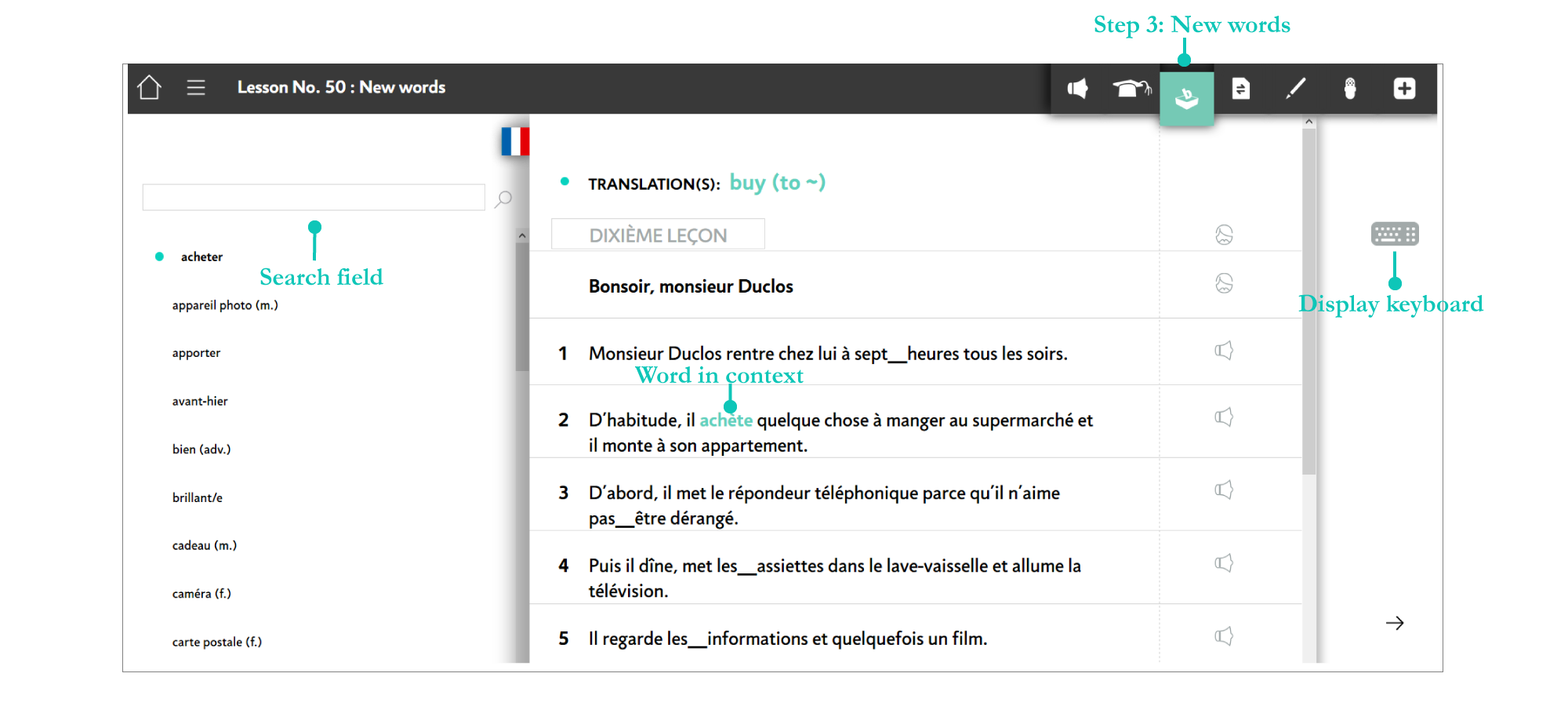

This language comprehension exercise gives you a chance
to check your understanding of what you’ve learned.
You can select Easy (multiple-choice) or Difficult,
which allows you to type in your own translation.
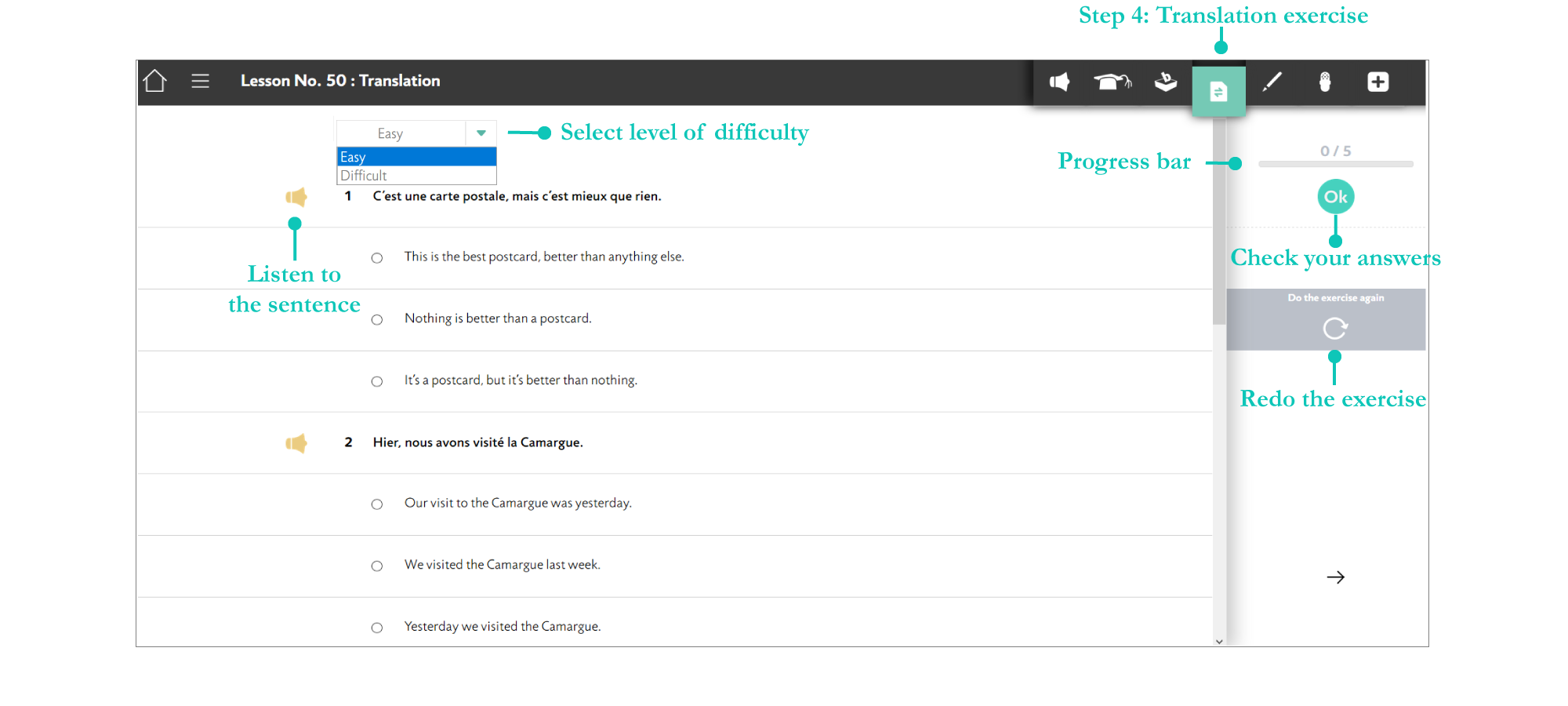
This exercise allows you to check your ability to reproduce syntax and vocabulary
by filling in the missing words in the sentences provided.
This can be done using your own keyboard or the virtual keyboard available in the e-course.
Make sure to use capital letters or include accents where necessary.
As a learning support, each letter or character in the missing word is represented by a dot.
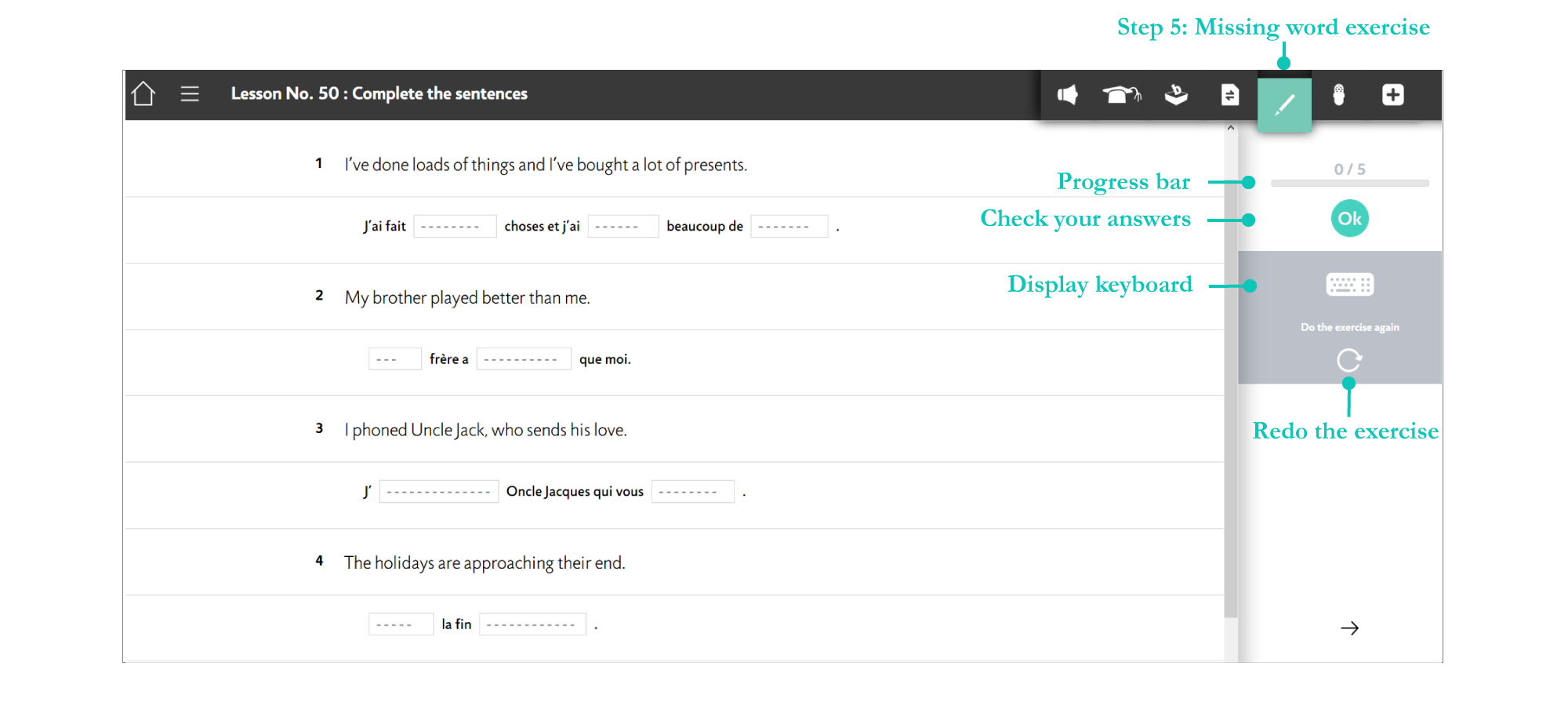
When you are halfway through the course,
you’ll begin the active phase of the Assimil method.
The e-course includes a third exercise that allows you
to practice and check your speaking ability in the target language.
As you continue to advance through the lessons,
you will also go back to review previous lessons, starting with lesson 1.
In this step you can record yourself speaking the target language
and compare this to the audio of the native speaker.
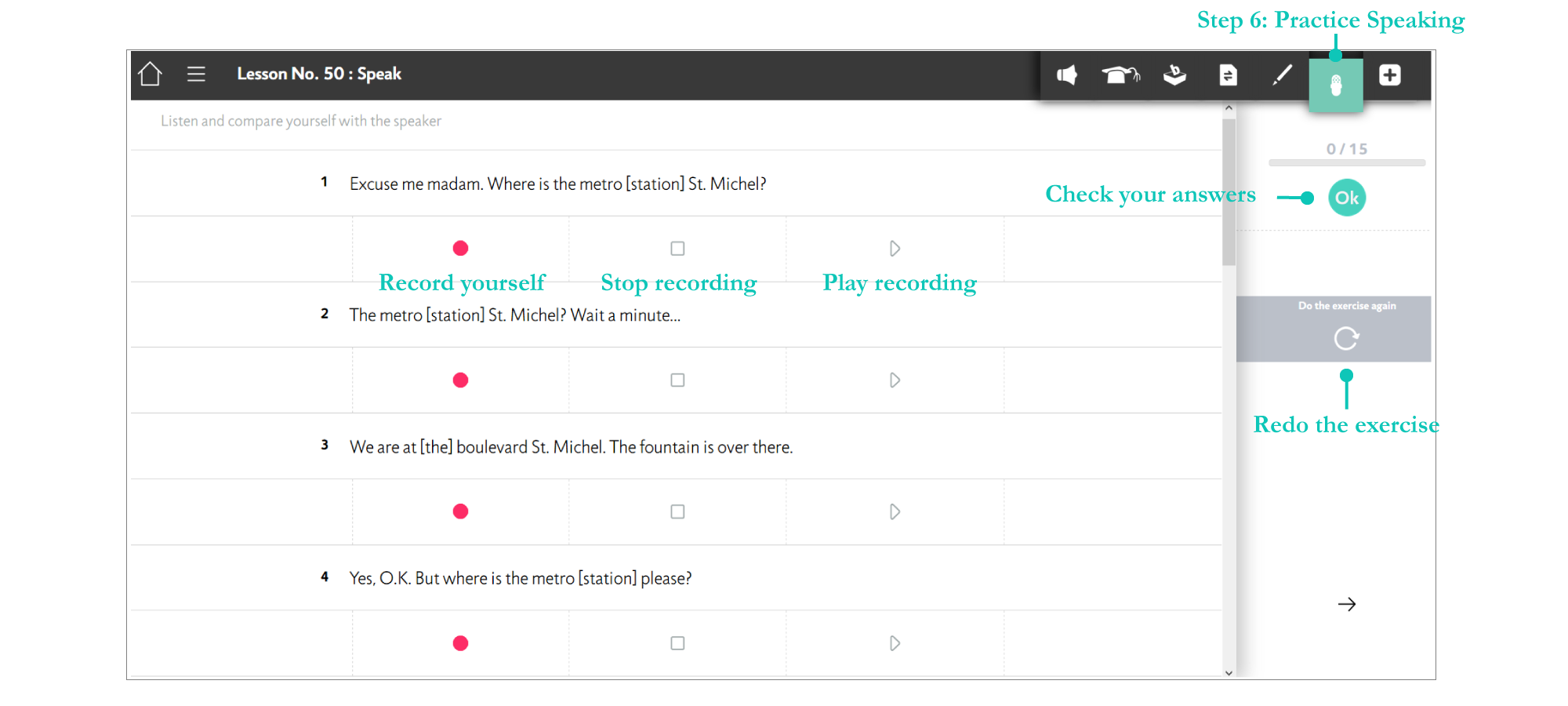
Here you can access extra information relevant to the lesson,
including numbers, cultural information, cartoons and feedback and encouragement.
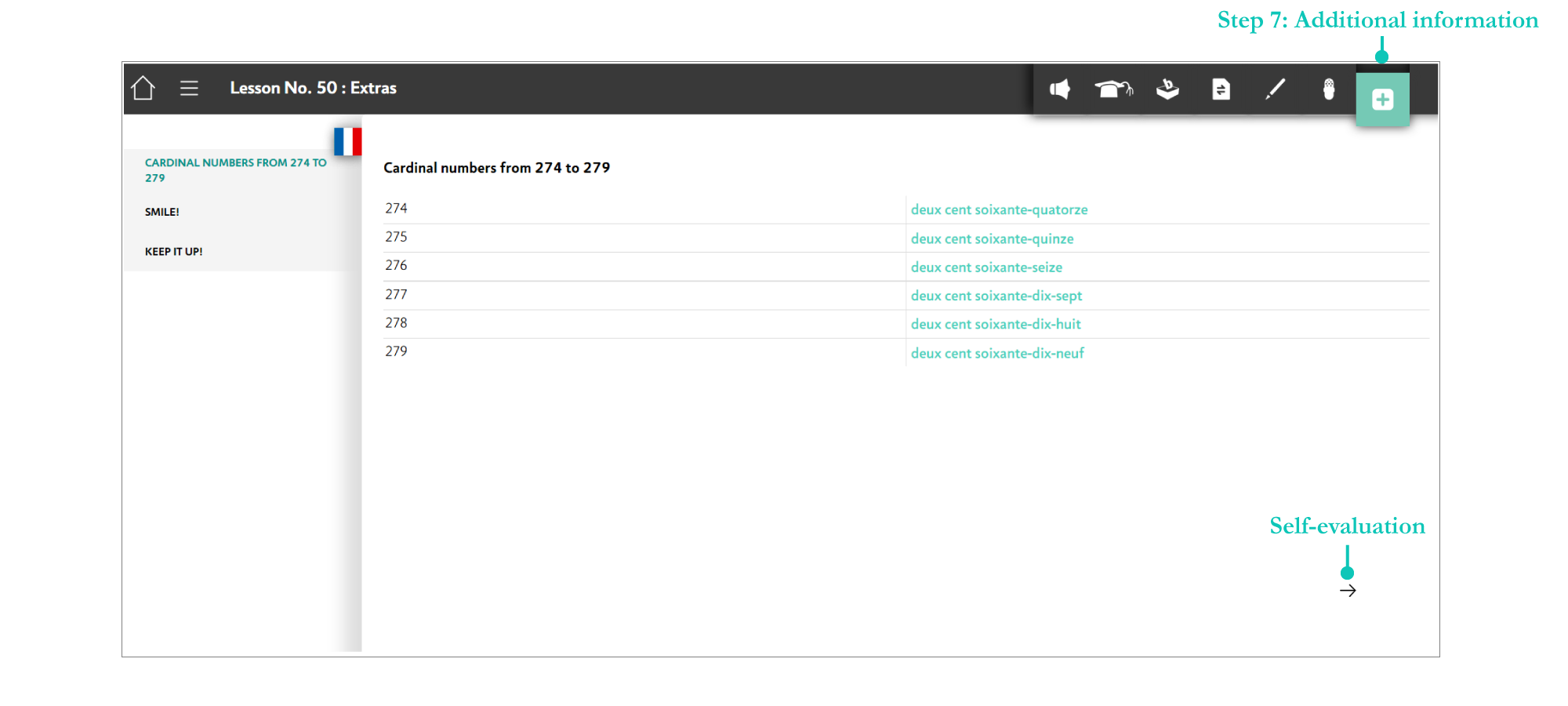
Once your lesson is finished, you can self-evaluate.
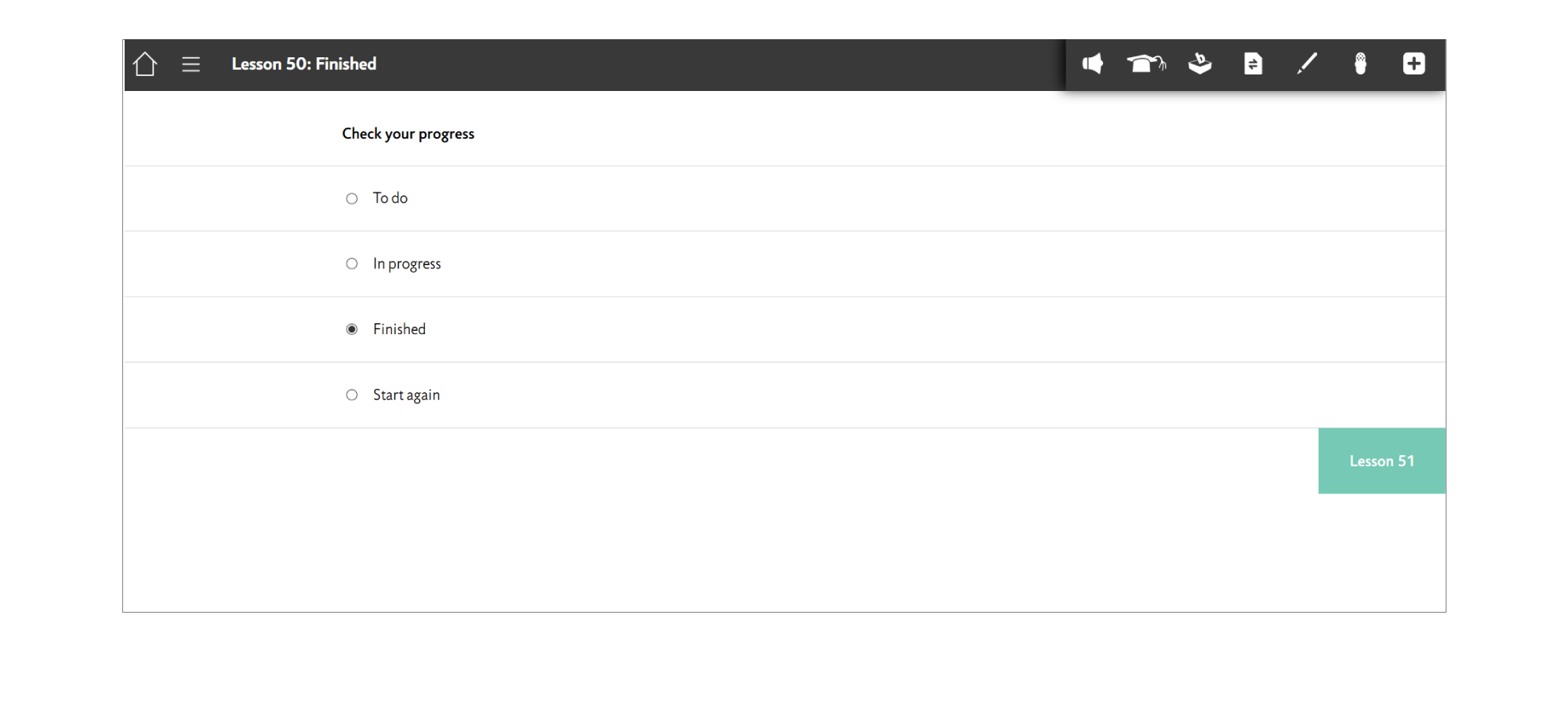
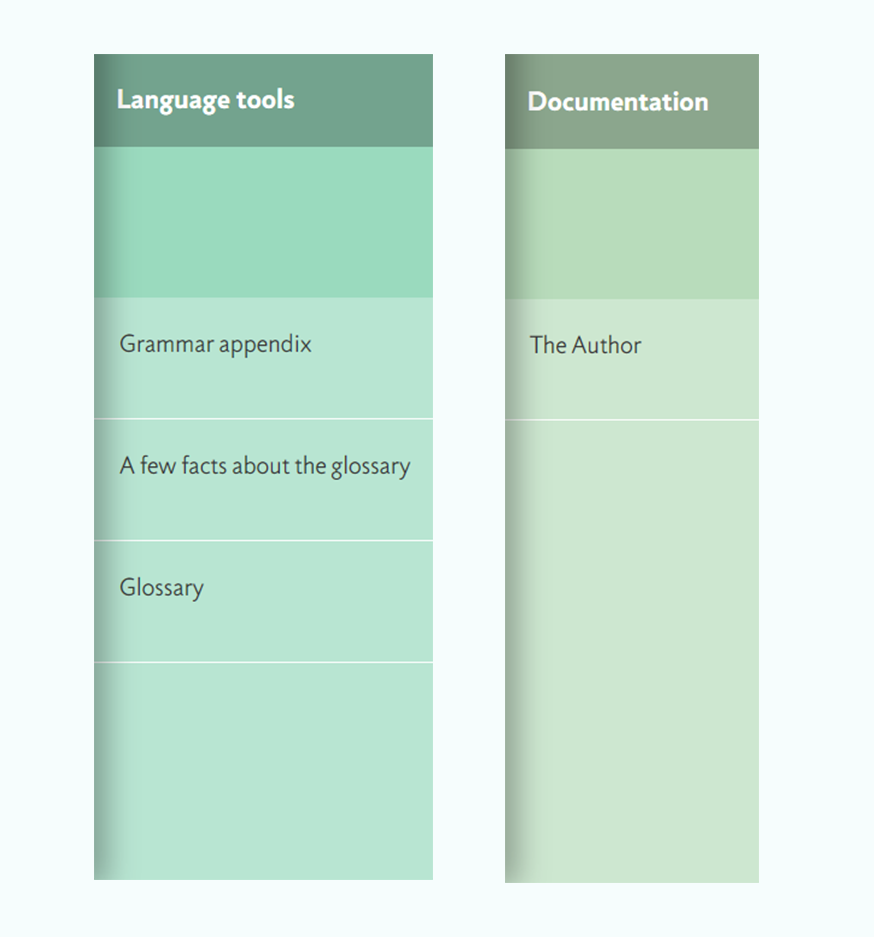
The e-course also contains Language tools and Documentation
that allow you to easily look up words in the glossary
or refer to grammatical information in the grammatical appendix.
These references will support and reinforce your learning.
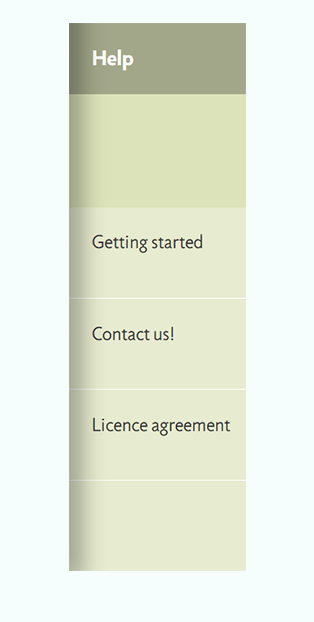
Here you’ll find assistance if you need help using the e-course,
as well as our contact details and the terms and conditions.